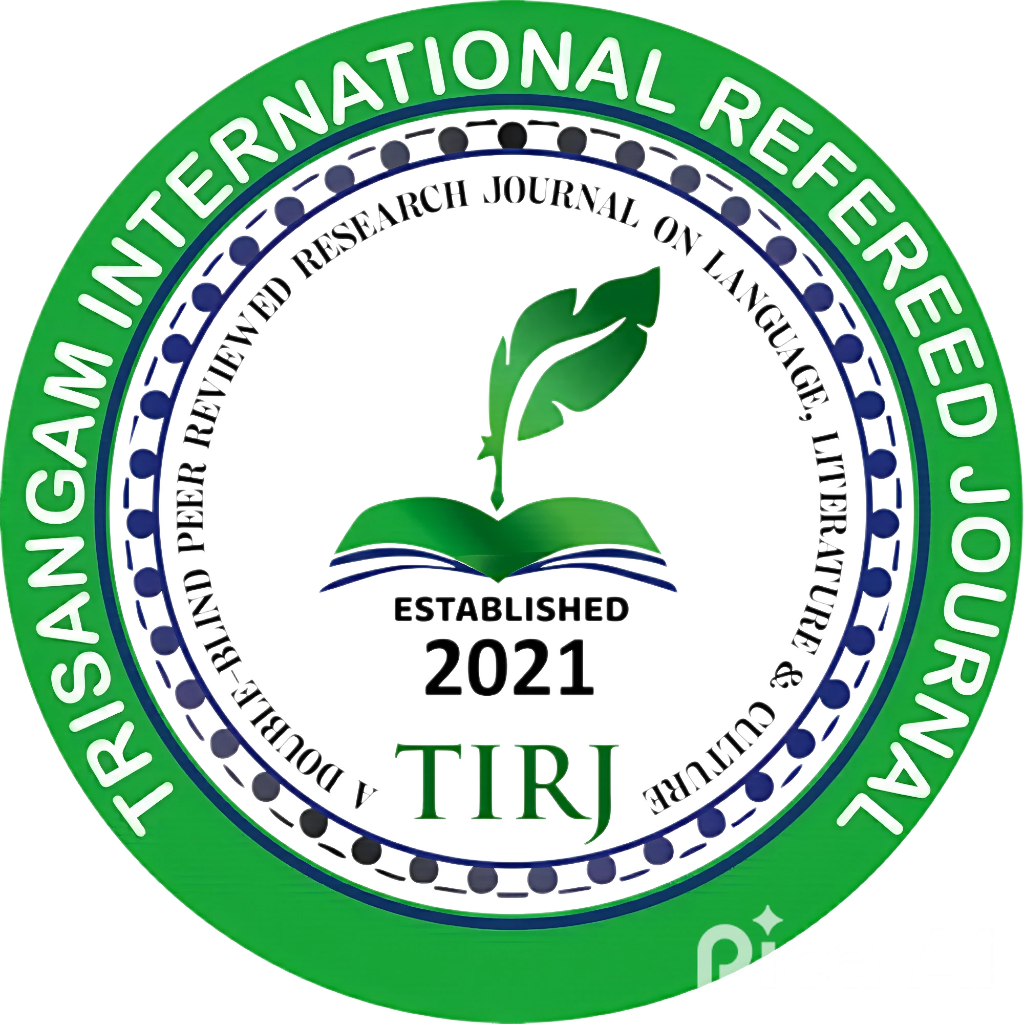Sufia Kamal and Simin Behbahani: Similarities in Personality and Creativity/ সুফিয়া কামাল ও সিমিন বাহবাহানি : ব্যক্তি ও সৃজনে সাদৃশ্য
Keywords:
- Sufia Kamal,
- Simin Behbahani,
- comparative study,
- poetry,
- personal life
Abstract
There is a common resonance among individuals who embody art, culture, and humanitarian values, regardless of their geographic origins. They remain committed to expressing similar sentiments through their work and thoughts. Two such figures—renowned Bangladeshi poet and women's rights leader Begum Sufia Kamal (1911–1999) and Simin Behbahani (1927–2014), the "Lioness of Iran"—were creators of poetic harmony. Both possessed an indomitable spirit and chose poetry as their primary medium of expression. They fought for women's emancipation in patriarchal societies, founded organizations, led movements, and stood as obstacles to oppressive regimes, enduring persecution as a result. Their poetry exhibits the essence of lyrical verse, focusing on themes such as patriotism, love, nature, feminism, free thought, poverty, human compassion, ethics, and personal experiences. Their voices and tones were strikingly similar, and their use of simple, accessible language made them poets of the people. Both maintained connections with prominent global poets, writers, intellectuals, and social activists. They traveled extensively in secular countries, documenting their experiences. Simin Behbahani was nominated for the Nobel Prize twice, while Sufia Kamal received international honors, including recognition from Russia. These similarities extended to their personal lives, including their deep affection for their first husbands. Sufia Kamal's famous poem Taharay Pore Mone ("Only He Comes to Mind") reveals her profound love for her first husband. Simin Behbahani, too, honored her first husband, Hasan Behbahani, by adopting his family name. Both poets gained acclaim for their memoirs. Sufia Kamal's "Ekattorer Diary" (Diary of 1971) and "Ekale Amader Kal" (Our Era in This Age) are highly regarded, just as Simin Behbahani's autobiography "Ba Madaram Hamrah: Zendeginameye Khodnevesht" (With My Mother: A Self-Written Biography) echoes similar themes.
This essay presents a comparative study of these two revolutionary poets and women's leaders, analyzing their personal lives, poetic themes, artistic forms, accolades, and global influence—despite growing up in different linguistic, cultural, and environmental backgrounds.
Downloads
References
Ahmadi, Pegah (2006). Woman’s Poetry from Begining to Today.TehranCheshme Publication.
Izadyr, Mohsen and Azizmohammadi, Fatemeh (2015). Social ideas in poetry of four female Contemporary poet (Parvin Etesami, Forough Farokhzad, Tahereh Safarzadeh and Simin Behbahani), International Letters of Social and Humanities Sciences, SciPress Ltd, Switzerland. 20-27.
Behbabahni, Simin (2007). Collection of Poetries. Tehran, Negah.
Behbabahni, Simin (1984). Dasth Arzhan. Tehran, Zavar.
Behbabahni, Simin (1993). Selection of Simin Behbahani’s Poetries. Tehran, Negah.
Bageni, Jahra Ganbarali; Alizadeh, Dr. Shaheen Awjaq and Isfahan, Dr. Mondana Hashemi (2022). Excellence of Human Character in the Poems of Simin Behbabahani Based on the Theory of Erich Fromm, Literary Text Research, Allama Tabatabaye University Press, Tehran. 26.
Ebrahimi, Mokhtar (2011). Literary Terms.Ahwaz, Motabar.
সুলতানা, ইয়াসমিন (২০১১)। সুফিয়া কামাল: নারী নেতৃত্ব ও সাহিত্যকৃতি, ঝিনুক প্রকাশনী, ঢাকা।
মাতিন, আব্দুল (২০২২)। নারী প্রগতির অগ্রদূত ‘সুফিয়া কামাল’, INSIGHT: An International Multilingual Journal for Arts and Humanities, Ernakulam, Kerala, Volume 2-Issue: 2- April 2022, 28-38.
কামাল, সাজেদ (সম্পা.)(২০০২)। সুফিয়া কামাল রচনাসংগ্রহ, বাংলা একাডেমী, ঢাকা।
কামাল, সুফিয়া (২০১৩)। কবিতা সমগ্র, হাওলাদার প্রকাশনী, ঢাকা।
চৌধুরী, আবুল আহসান (২০১১)। সুফিয়া কামাল: অন্তরঙ্গ আত্মভাষ্য, প্রথমা, ঢাকা।
জাহাঙ্গীর, ড. সেলিম (১৯৯৯)। সুফিয়া কামাল, তৃণলতা প্রকাশ, ঢাকা।
সিমিন বাহবাহানির প্রসঙ্গে উদ্ধৃত কবিতাগুলি চট্টগ্রাম থেকে প্রকাশিত দৈনিক পূর্বদেশ পত্রিকার ২০১৯ সনের ২৫ মার্চ সংখ্যায় ‘ইরানের সিংহী সিমিন বেহবাহানি’ শীর্ষক নিবন্ধ থেকে সংগৃহিত।






